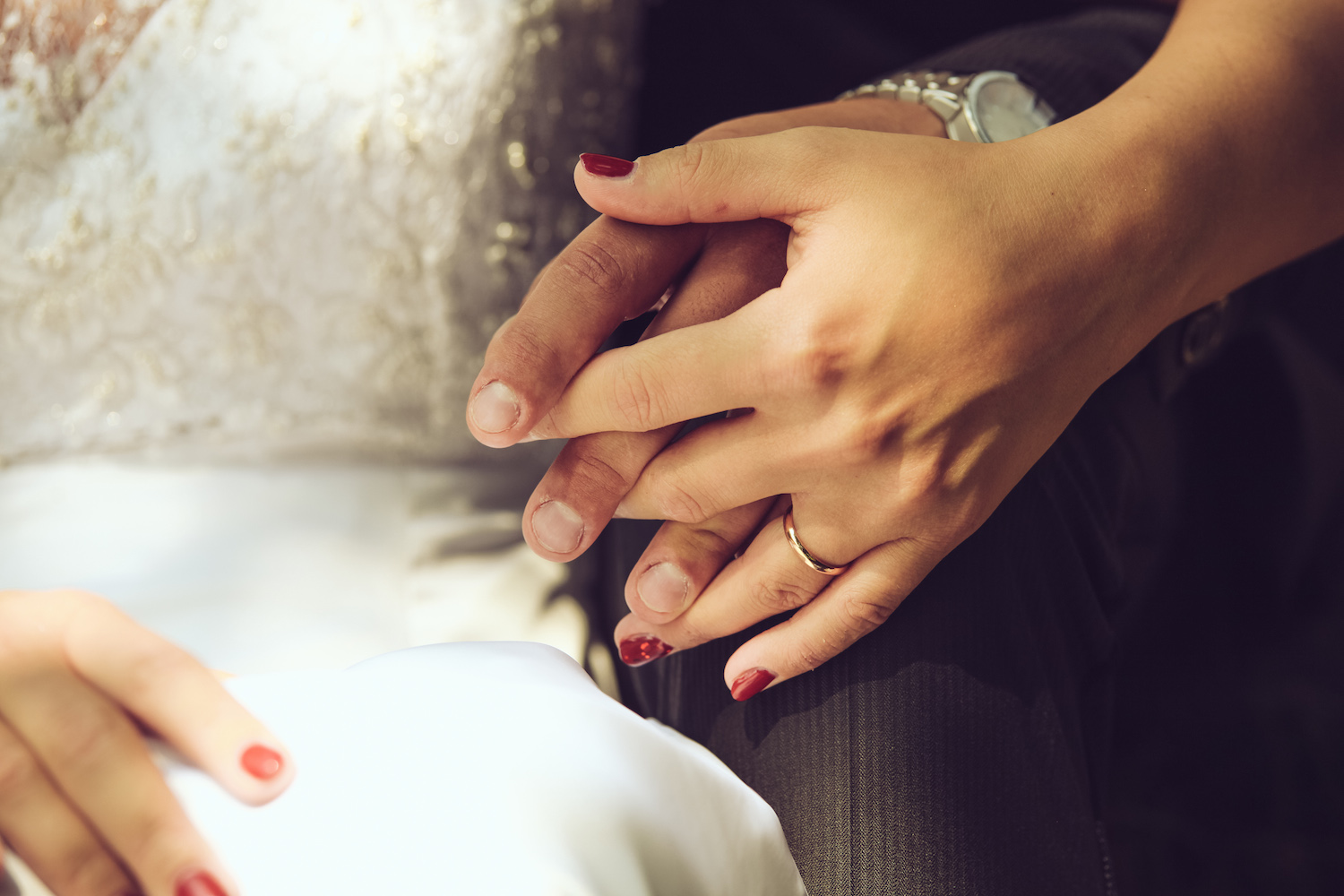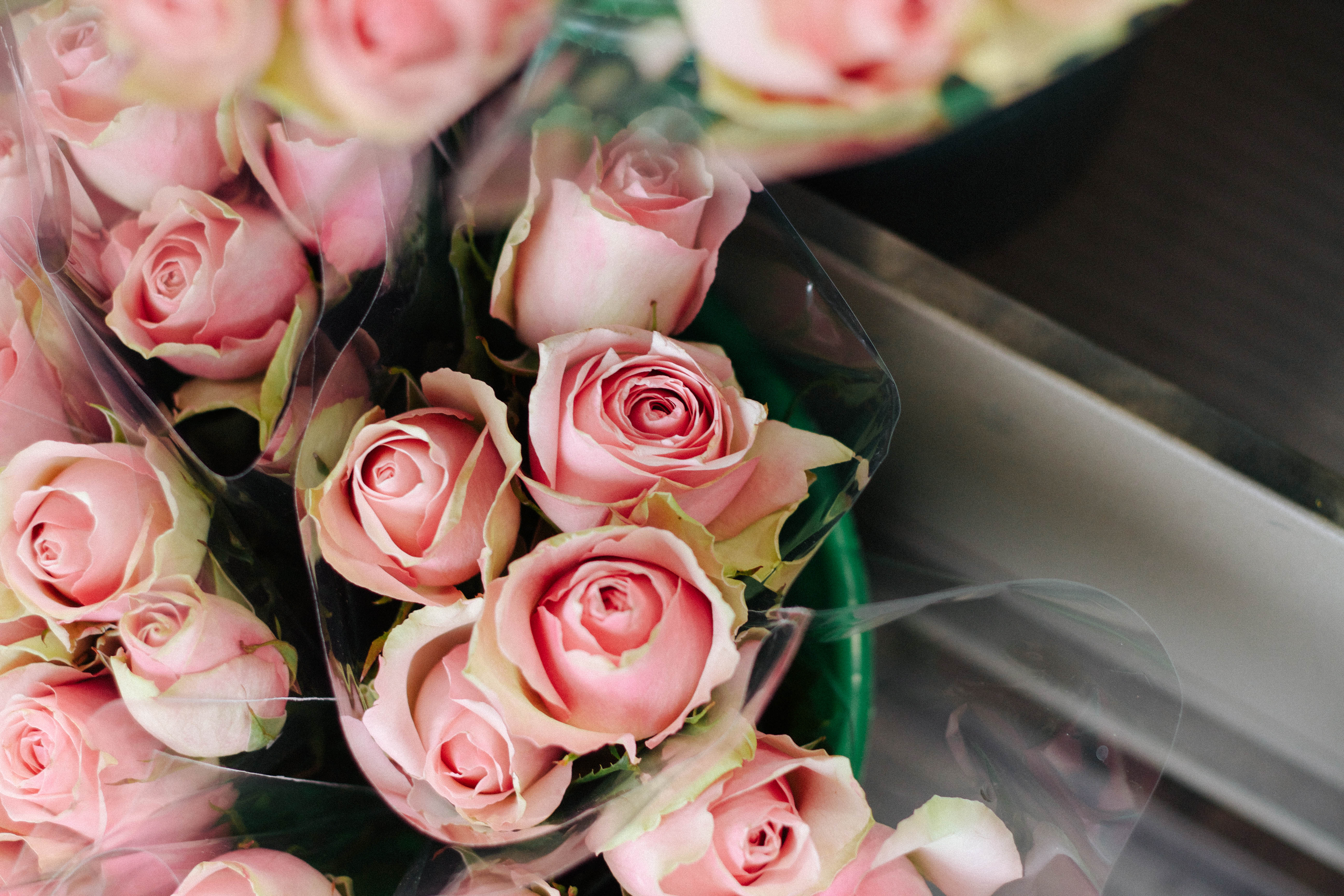Cazzie Reyes
Cazzie Reyes graduated from Bradley University with a Bachelor's degree in International Studies and a minor in Women's Studies.
The average cost for a wedding in the United States is $25,200, and many couples don’t think their budgets are cut out for fair trade prices. But, surprisingly, there are several affordable and meaningful ways to exercise ethical consumption throughout the wedding process.
At its core, ethical consumption means purchasing goods without harming or exploiting humans, animals or the natural environment. Purchasing is done in one of two ways: by positive buying (i.e., selecting ethically made products) or by a moral boycott (i.e., refusing to purchase certain goods and not going to certain stores). The question of “ethically made” falls under five areas of concern: the environment, people, animals, politics and sustainability. In general, ethically made goods don’t deplete the earth’s resources; are made by workers who are properly treated and compensated; and tend to promote and directly support development projects. Organic and Fair Trade Certified products are examples of ethically produced goods.
Feel free to stop and read a brief history of the fair trade movement. Otherwise, read on for ways to include slave-free and eco-friendly items into a wedding!

Perhaps the most expensive and significant purchase, wedding rings can run from a few hundred to thousands of dollars. Ensure diamonds are conflict-free or consider getting these unique wood rings. Want to view more gems? Check out other ring options suggested by TheKnot.com. After choosing the rings, couples can start gift registries at Ten Thousand Villages, 7 Hopes United and SERRV. These shops support the livelihoods of artisans worldwide and offer everything a future married couple needs for their new home.
A wedding is a celebration of the couple’s relationship, and the wedding party is a close knit group that supports and delights in this bond. With a fun-loving spirit, help the bride as she selects her wedding dress. Whether it’s satin, chiffon or lace, there are many dresses for the bride-to-be to try on. There are natural and organic fabrics to choose from as well, and those that want to look timeless can take a peek at some vintage or antique pieces. Gently used, newer designs are also available at Brides for a Cause.
At the same time, bridesmaids, flower girls and others in the procession can choose their attire. For light fabrics and bright summer colors and patterns, head over to Mata Traders and Global Mamas. For something a bit more formal, browse through the solid colors and various styles offered at Fair Indigo and Global Girlfriend. Then, dress up or dress down these garments with accessories from around the world. Pick from metallic, contemporary, big and bold, nature-inspired, custom-made or colorful hand-crafted jewelry. While swapping and trying on these items, share stories about the artisans that made them and get the bigger picture of what these purchases mean to survivors of trafficking.
As for the men, currently, there are no fair trade three-piece suits available, but there are organic cotton button-down shirts, pants, shoes and accessories to choose from. Last but not least, everyone in the wedding party deserves some pampering before the big day. These face, bath and body products will refresh and revitalize the group’s spirits.

Remember though, the people in the wedding party list aren’t the only ones excited for the wedding! Make sure invitations and stationery provide guests with information and directions relevant to the ceremony. At the venue, decorate with arrangements prepared by one of these Fair Trade USA certified flower vendors.
For food, consider hiring a caterer that uses organic and locally-produced products. For drinks, fair trade alcohol-free beverages or wines are sure to please the crowd. End the day on a sweet note by serving these desserts or having a self-serve candy buffet table.
Annually, the American wedding industry is worth more than $50 billion. In contrast, worldwide sales of Fair Trade Certified products just hit the $7.3 billion mark in 2013. These two industries can be a perfect pair, and there’s no need to break the bank while doing so. Ethical doesn’t have to be expensive, so if you’re ready to plan a wedding, get inspired by these couples' consumer conscious nuptials!
Black Friday is the unofficial shopping holiday in the United States that falls after Thanksgiving. This year, plan to support fair trade businesses on Black Friday to support a slave-free lifestyle.
Autumn in the Northern Hemisphere is just around the corner. Update your wardrobe with fair trade pieces!